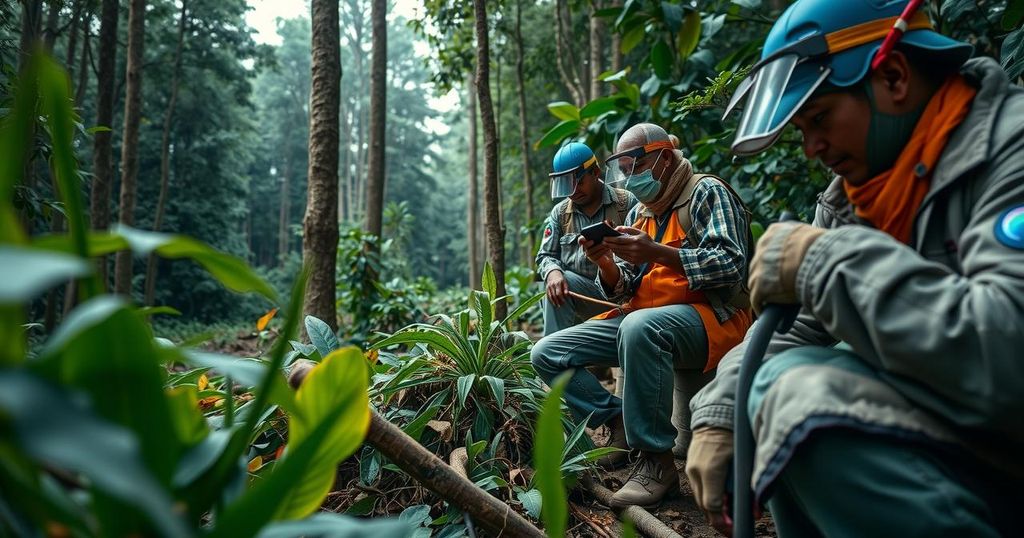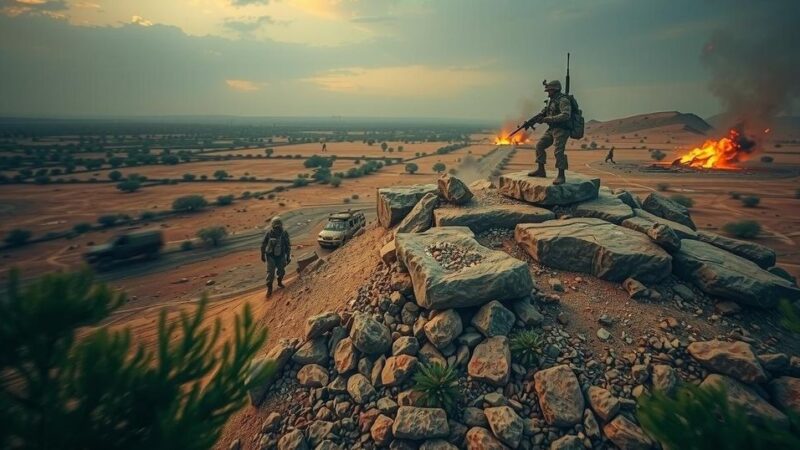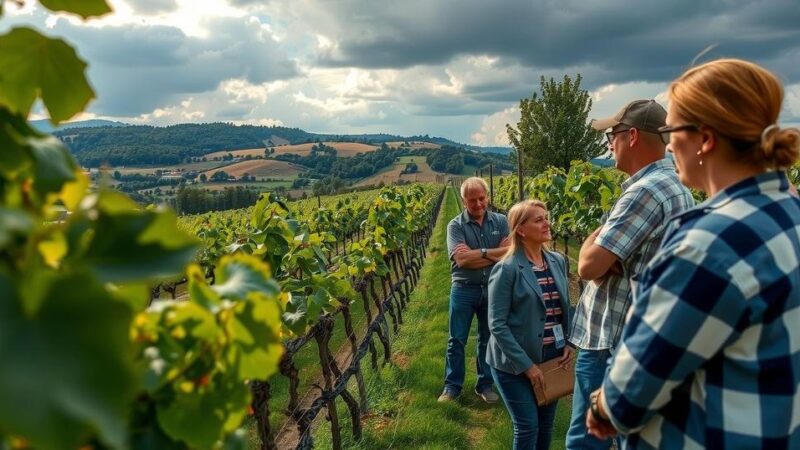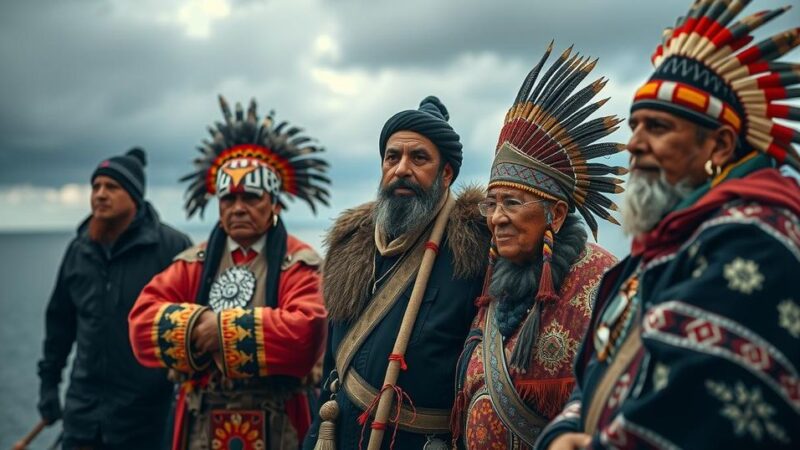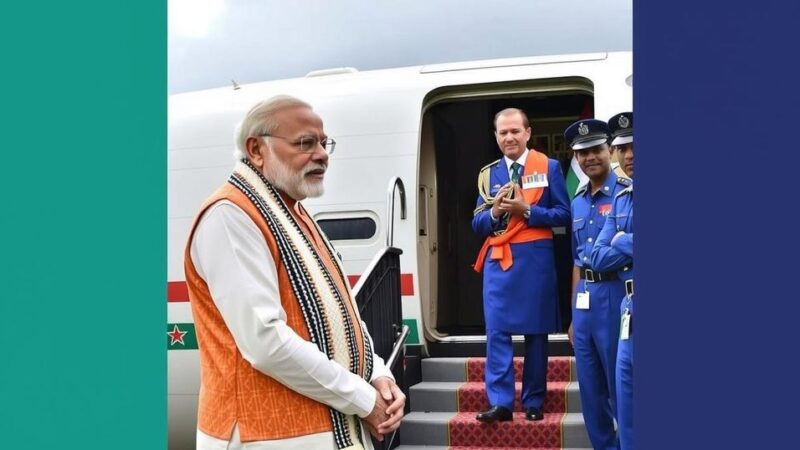Colombian conflict survivors are becoming environmental advocates, particularly in the Amazon region, where they seek to combat deforestation. Sandra Donado illustrates this urgency, expressing a desire for the Guaviare River to carry away the ecological degradation. Their efforts are integral to sustainability and climate change solutions as they merge local experiences with broader environmental objectives.
In Colombia’s Amazon region, climate change advocates have emerged from the country’s historical conflicts, transforming into environmental stewards as they seek solutions to the pressing issue of deforestation. Sandra Donado, one such advocate, expressed her hopes, stating, “What do I want the river to carry away? The deforestation.” This sentiment encapsulates the urgency among local communities to combat environmental degradation and promote sustainability in an area significantly impacted by conflict and ecological distress. The broad initiative not only addresses deforestation but also aligns with global objectives for sustainable development. Local survivors of violence are now leveraging their experiences to inspire community-led conservation efforts. Their resolve highlights a crucial intersection between climate action and social justice, demonstrating that environmental change can lead to broader societal healing and resilience. As the participants navigate their environment, they articulate a vision where the health of the forests and rivers directly correlates with their survival and quality of life. This grassroots movement exemplifies how vulnerable communities can take action against climate threats, using their unique perspectives and indigenous knowledge to inform effective conservation strategies. The Guaviare River serves as a pivotal symbol of both the challenges and hopes of these communities. Through their dedication, they are not only seeking to revitalize their environment but are also contributing significantly to Colombia’s broader environmental policies. Their collective effort illustrates how localized initiatives are essential in the fight against climate change and the promotion of sustainable land management practices. In conclusion, the actions taken by conflict survivors in Colombia’s Amazon region reflect a powerful narrative of resilience and commitment to the environment. Their campaign against deforestation is an inspiring model of how key stakeholders can actively engage in climate solutions. As they advocate for their rivers and forests, they embody the essential connection between human rights and environmental stewardship, advocating for a sustainable future for generations to come.
The Colombian conflict has had long-lasting effects on both the population and the environment. Over decades, the struggles between government forces, paramilitary groups, and insurgents have led to significant deforestation in various regions, particularly in the Amazon biome. Environmental degradation has compounded the trauma experienced by survivors, who are now turning their focus toward ecological restoration. Significant efforts are being made to reconnect these communities with their land, enabling them to reclaim their narratives as advocates for sustainable practices and environmental justice. The international community, including organizations like the United Nations, is recognizing the contributions of these individuals to global climate solutions and the importance of integrating local knowledge into environmental strategies.
In summary, the efforts of Colombian conflict survivors to combat deforestation and promote sustainability in their regions illustrate the profound link between social issues and environmental health. Their firsthand knowledge and experiences are invaluable in crafting effective solutions to climate change. As they work to restore their forests and safeguard their rivers, these individuals exemplify resilience and shared responsibility, reinforcing the vital role of community-driven initiatives in addressing global environmental challenges.
Original Source: www.un.org
